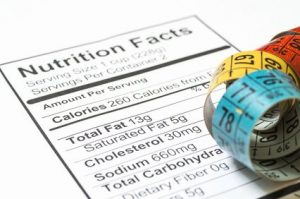Angina is a symptom of Coronary Artery Disease (CAD), the most common type of heart disease. Angina happens when the plaque builds up in the coronary arteries. This build up of plaque is called atherosclerosis. As the plaque builds up, the coronary arteries become narrower and stiff. Blood flow to the heart is then reduced. This decreases the oxygen supply to the heart muscle.
Angina is chest pain or discomfort that occurs when your heart muscle does not get enough blood to it. It may feel like pressure or a squeezing pain in your chest. The pain may also occur in your shoulders, arms, neck, jaw, or back. It can even feel like indigestion.
There are three types of Angina and it is important to know the differences among the different types.
Stable angina is the most common and it happens when the heart is working harder than usual. With stable angina, a regular pattern will occur. After a short time, you will recognize the pattern, predicting when an episode will occur. The pain will disappear in a short time or if you take angina medication. Stable angina is not a heart attack but makes it more likely that you will have a heart attack in the future.
Unstable angina is a very dangerous condition that requires immediate emergency treatment. It is a sign that a heart attack could occur soon! It does not follow a pattern. It can occur without physical exertion and is not relieved by rest or medicine.
Variant angina is rare and usually occurs at rest. The pain can be severe and usually occurs between midnight and early morning. It is relieved by medicine.
Please remember not all chest pain or discomfort is angina.
However, all chest pain should be checked by a doctor.












Be First to Comment